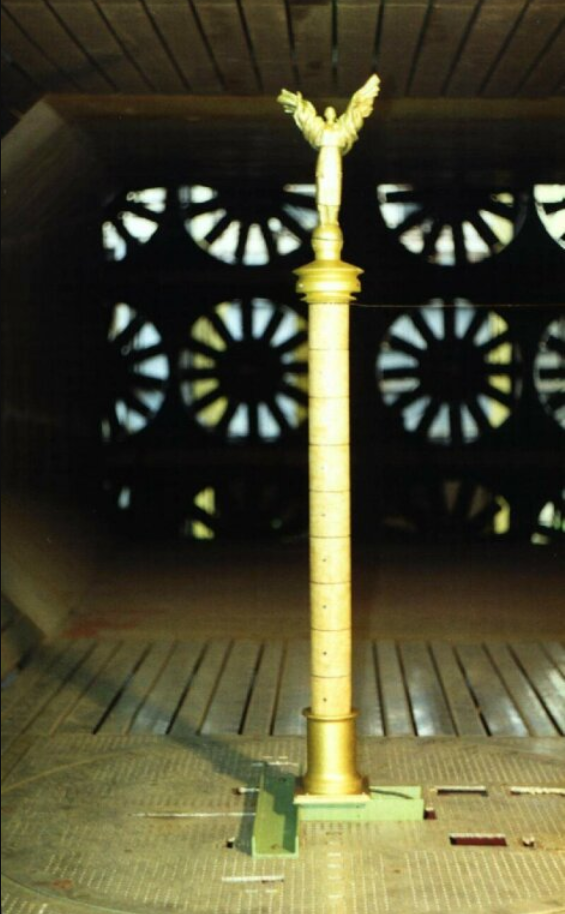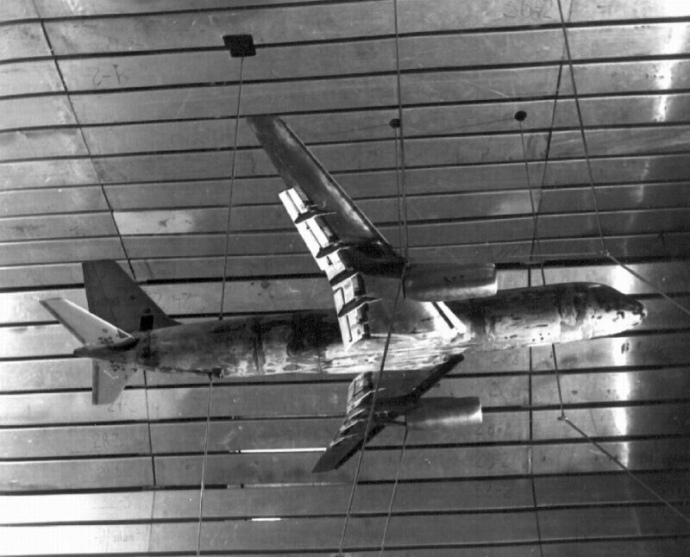The science of earning: How businesses and universities are merging into one entity.
Ironically, the prominent designer involved in the launch of the first satellite and the first human spaceflight often remained absent from the ceremonies to which he was directly related. His name and even his Ukrainian origins were kept secret for years.
Scientists in independent Ukraine also frequently remain in the shadows. Low salaries, lack of prospects, and the lack of prestige associated with the profession have marginalized this field. It is often said that university lecturers stay in universities because they are not skilled in working under market conditions and do not wish to leave their comfort zones.
However, not everyone fits these stereotypes. Universities are composed not only of students and the educational process surrounding them but also of research laboratories, scientific centers, and schools that have preserved expertise. Furthermore, the ongoing large-scale war has provided a significant impetus to science and the urgent need for weapon production.
"Economic Truth" spoke with representatives from universities to find out how Ukrainian science can support businesses. The examples provided only partially illustrate how unique specialists have not only preserved their expertise but have also become catalysts for change in the development of Ukraine's technological business.
From Cybersecurity Services to Rockets
Businesses often turn to higher education institutions for specialized services and expertise that are hard to find elsewhere. This primarily pertains to institutions with a rich history, unique equipment, and developed scientific schools.
One such center is the aerodynamic research complex of the National Aviation University (NAU). Research is conducted here for both governmental and commercial clients. The complex houses two wind tunnels utilized by construction companies.
"Often, companies come to sell building models, as wind patterns can affect ventilation systems. After testing, they may change the orientation or design of the building," notes Acting Rector of NAU Ksenia Semenova.

Since the onset of the large-scale war, drone manufacturers have sought wind tunnel services to verify the wing's form factor. In laboratory conditions, they receive scientific justification for enhancing the efficiency of their aircraft's wing. Detailed information about the projects is difficult to obtain, as companies work with universities under non-disclosure agreements (NDA).

There are only three aerodynamic research complexes in Ukraine, two of which are located in universities. Additionally, the university employs specialists with deep knowledge of aerodynamics who can professionally justify necessary changes.
Universities by Business Rules: How Higher Education Will Change
In April 2024, the security systems manufacturer Ajax Systems began selling its own surveillance cameras. Ajax challenged Chinese companies that are leaders in this market. Ukrainians worked on developing their own product for about three years. During the development, Ajax sought assistance from the Igor Sikorsky Kyiv Polytechnic Institute (KPI) in manufacturing lenses.
According to Ajax Systems founder Oleksandr Konotopskyi, the staff of the Department of Optical and Optoelectronic Devices is one of the few in Ukraine capable of assisting the company with their expertise. Ajax Systems declined to disclose details of the collaboration, citing the NDA. As KPI Rector Anatoliy Melnychенко explained, lens development is not the only project between the company and the university focused on product development.

The National Bank of Ukraine also approached KPI. "Our scientists conducted research for the NBU regarding the wear resistance of the hryvnia," says Melnychенко. Additionally, the university collaborates with companies to conduct materials science examinations, for example, to assess the quality of welded joints.
"For the prosecutor's office, we conducted OSINT research back when this term was almost unknown in Ukraine. Our journalists gathered important information for law enforcement from open sources," adds KPI Vice-Rector for Research Serhiy Stirenko.
During the Soviet occupation, Sumy was a hub for the production of pumps and compressors. The Sumy State University (SumDU) has a department that develops scientific directions in this field. Due to difficulties in organizing collaboration with local enterprises, the university decided to establish a research laboratory for hydrodynamic drives and installations.
The Impact of Artificial Intelligence: Why "Nobel Prizes" in Physics and Chemistry Were Awarded to Psychologists and Mathematicians
"Our research production manufactures pumps of our own design. We occupy a specific niche in the market: servicing oil and gas enterprises and sugar factories. The main advantage of our pumps is the large number of universal parts, allowing for quick adjustments for pumping various media," explains SumDU Vice-Rector for Research Anatoliy Chornous.
"The engine of this launch vehicle has a small but powerful turbopump that feeds fuel and has a high rotor speed. The operational life of the turbopump does not exceed five minutes. During the pump's operation, significant dynamic loads act on the rotor.
Our scientists were approached by specialists from the Yuzhnoye Design Office with a request to study the dynamics of the turbopump rotor through modeling. The research was conducted using special programs based on the finite element method and lasted over a year," recalls Chornous.
Informal Collaboration
In the initial stages of collaboration between universities and businesses, personal communication plays a crucial role. "Most often, entrepreneurs come with requests through personal connections or professional associations," notes Semenova.
At the Kyiv School of Economics (KSE), such interaction has been elevated to a new level. "We had to learn to work as consultants, so we involved specialists from this field, including those from Deloitte and former employees of Boston Consulting Group. They developed a culture of collaboration with businesses at our university," says KSE Rector Tymofiy Brik.
At NAU, following the expansion of the functions of the supervisory board, negotiations with businesses are conducted directly. They emphasize that if a company approaches the university with a collaboration idea, it will "be able to negotiate" such cooperation with the management of the higher education institution.
For private universities, collaboration with businesses represents an opportunity to establish long-term partnerships. Constant contact with companies increases the chances of new collaborations. "Scientists do not have the habit of regularly reminding company executives about themselves," adds Brik.
One such example of interaction was KSE's research for a Swedish pharmaceutical company regarding the smuggling of its products into Ukraine. "It was a complex study, as we needed to interview people with certain diseases to find out which medications they used and whether any foreign brands were being smuggled," explains KSE Rector.
Future Surgery: How Doctors from Kharkiv Operate Using Augmented Reality
KSE also surveyed doctors regarding the prescription of smuggled medications. At the final stage of the research, price modeling was conducted to determine at what price consumers would refuse to buy illegal products.
For the Ukrainian Catholic University (UCU) in Lviv, collaboration with businesses has created new growth opportunities for students. One of these is working as a teaching assistant, another is engaging in research activities.
"Half of our students are offered positions as Middle programmers in IT companies after their second year. Initially, this attracts them due to high salaries, often exceeding their parents' incomes. Over time, such work becomes routine and they begin to seek new challenges," says UCU First Vice-Rector Yaroslav Prytula.
UCU collaborates with large IT companies in the field of research and development (R&D).
"The company sends projects that interest them, and a team is formed at the university, which includes a representative from the company's R&D department, a lecturer overseeing the project from the